Q&A: Ten Minutes with Naze Sahebzamani
Photo Kaitlyn Corwin
Sahebzamani hopes that her beautification plan will help students take more of stake in the school.
August 31, 2015
Naze Sahebzamani, newly hired World History and AP American Government teacher, is a difficult to pronounce case of déjà-vu, and rightfully so. She taught at Robinson High School for two years before taking the past three years to mentor beginning teachers. But she’s not just another educator; she is a worldly citizen who has long been involved in the US government. I recently sat down with Sahebzamani and asked her a few questions.
Q: What made you want to go into teaching?
A: Before I started teaching, I worked in politics. I love government and I love history, so I wanted to find something that combined my love for that [with my love for kids]. I especially think teenagers are awesome. So this was a combination of the two.
Q: When you were a child, did you know that you wanted to be a teacher or did you think you were going to go into politics?
A: No, I knew when I was 12 years old that I wanted to be a political science major. I always wanted to go into politics. I’ve worked on Capitol Hill as a legislative aide to members of Congress, I’ve worked at an international non-profit, [and] I’ve worked for campaigns around the country.
Q: What is the name of the non-profit and what was it like working for an international organization?
A: It’s called Seeds of Peace and it’s a non-profit that brings kids from areas of conflict in the world and they make them live together and work together for the summer. We had Israelis, Palestinians, Jordanians, Egyptians, Albanians, Serbians, Bosnians, Greeks, and Turks. There were also people from India and Pakistan. [With some of these] people who traditionally don’t get along with one another, the kids came together. [Working in Detroit and Washington,] I had to get the adults from the Jewish and Arab community and introduce them to each other, then introduce them to their Middle Eastern counterparts.
Q: Moving on to school, what do you think is interesting or unique about the class that you teach?
A: I love teaching government to students because I want to teach them how to think, not what to think. I don’t really care what they believe in politically, as long as they have facts to back it up, but I want to see if what they believe is what they truly believe or what they’ve been taught to believe. So if someone comes in with very conservative views, I’ll go very liberal. If someone comes in with very liberal views, I’ll take a very conservative view. I want kids to have a true understanding of both sides of an issue before they make a decision on it.
Q: Do you find your students have their own views or are they more influenced by whatever their parents or role models believe?
A: Everybody, when they form their opinions, is influenced by the people and things around them that are important to them. Your parents are your first example for everything in life, so you emulate your parents and mostly go with how they feel on politics. But it’s also your friends; if you go to a mosque, a church, a synagogue; if you’re on a team or belong to a service organization: all of those things help form your opinion. So everybody has various opinions and they come into class with them, so that’s the great thing about [this class] because you can get a lot of different perspectives and I love that.
Q: Do you have any advice for students? Because you knew what you were going to do so early on, I’m sure you didn’t face much indecision, but what would you recommend students do when they aren’t really sure what to do with their future?
A: I think your teens and your twenties are to figure out who you are and where you stand, so try as many different things as you can and it’s okay to make mistakes. You know, you’re not supposed to know everything right now. That’s why you’re in school: to learn. And when you go to college, if you still don’t know what your major is, try a couple of different majors. If you want to be a doctor but you’re not sure, go shadow a doctor and see if that’s what you want to do. Until I was 12 years old, I wanted to be a doctor and then I saw open heart surgery and I thought [it was] disgusting. And then I started getting into politics and I really liked it. So try different things and don’t be afraid to ask questions; it’s okay not to know the answer.

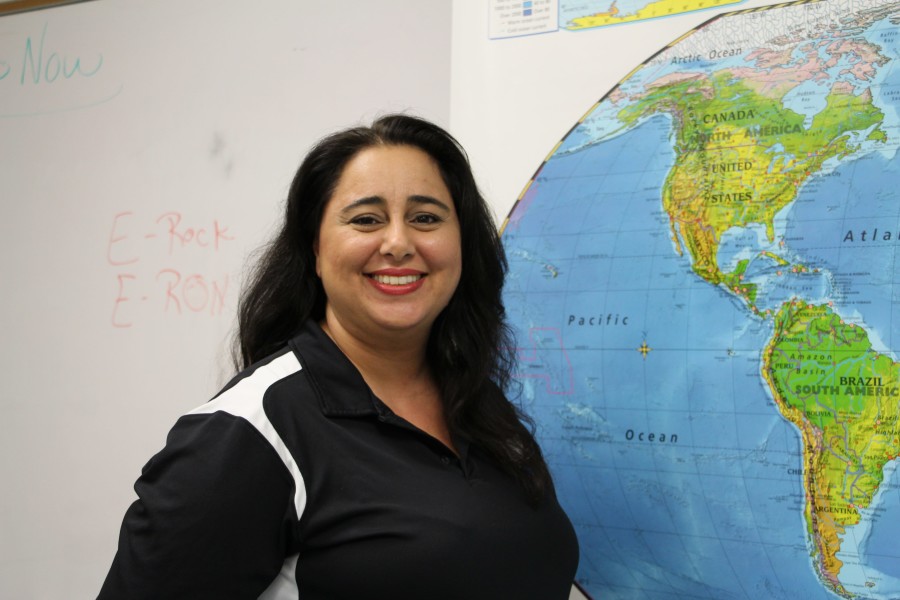
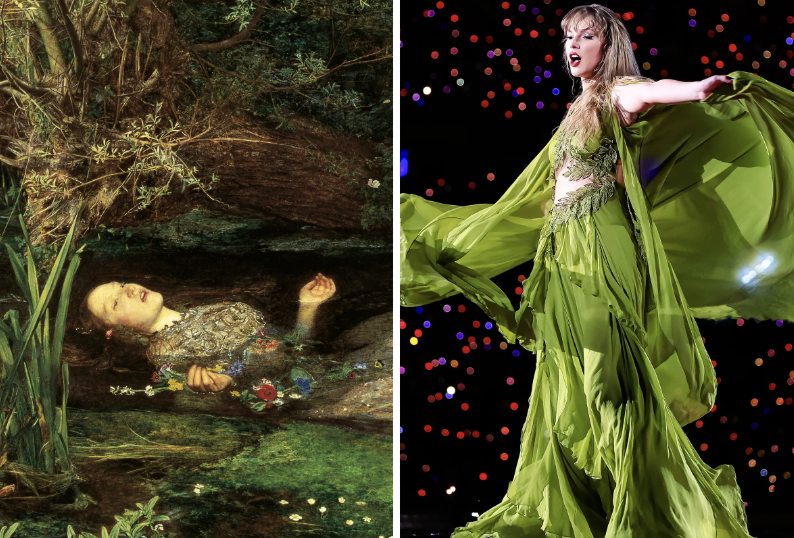
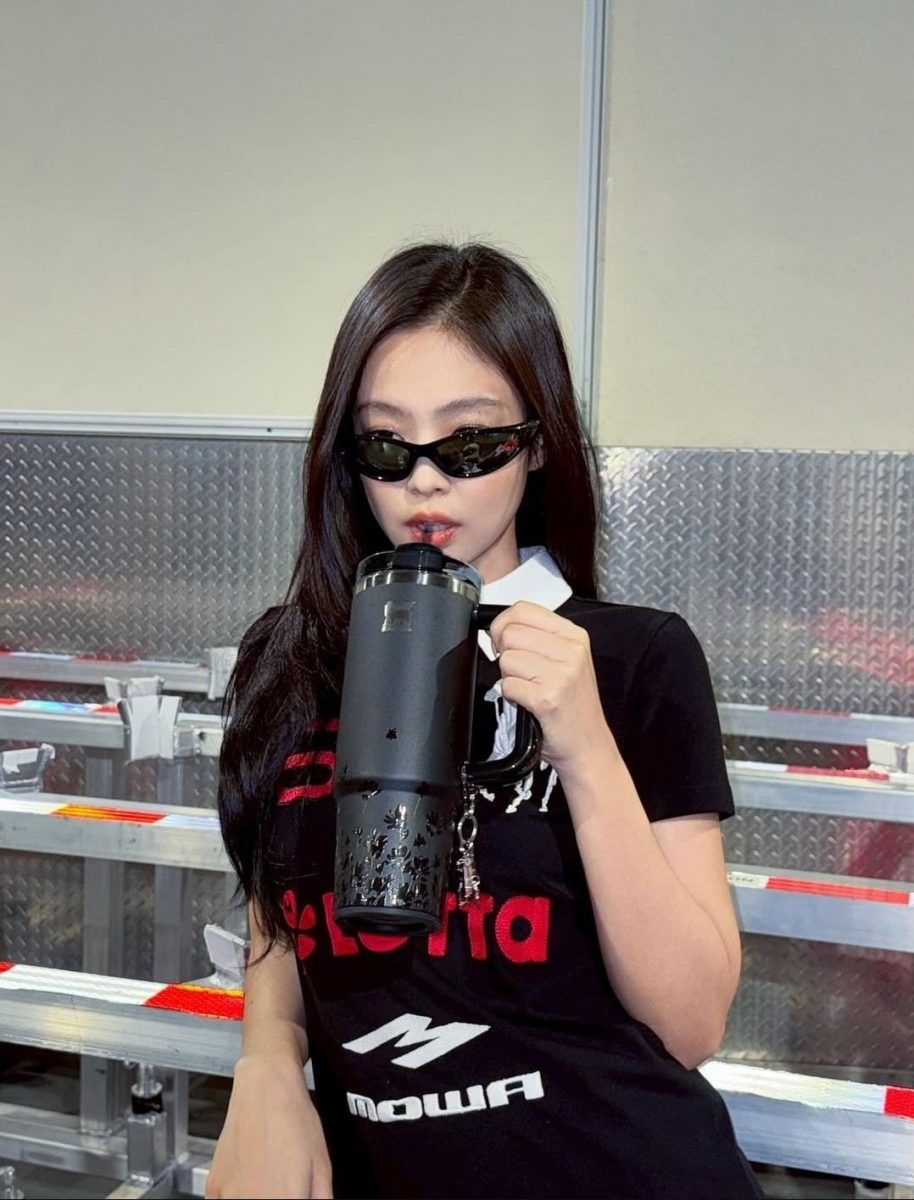
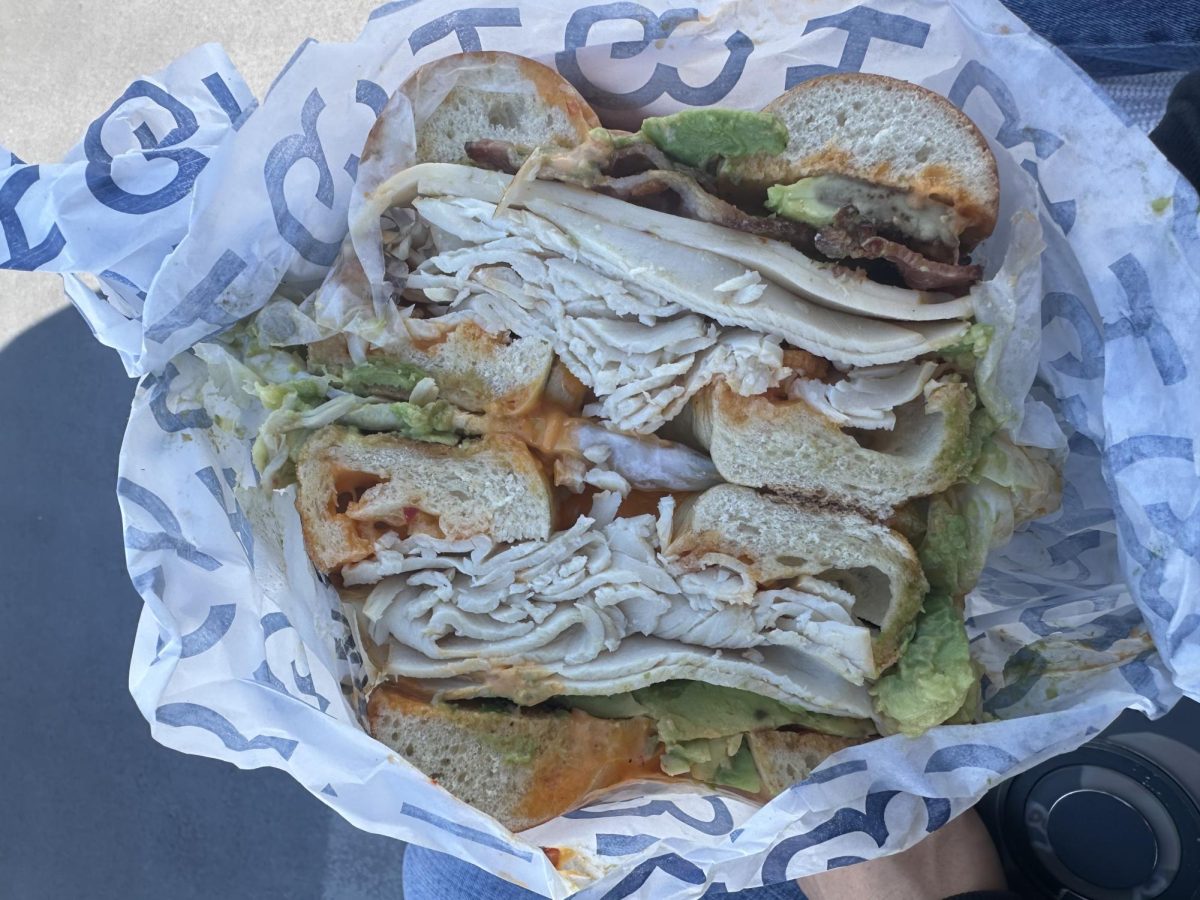
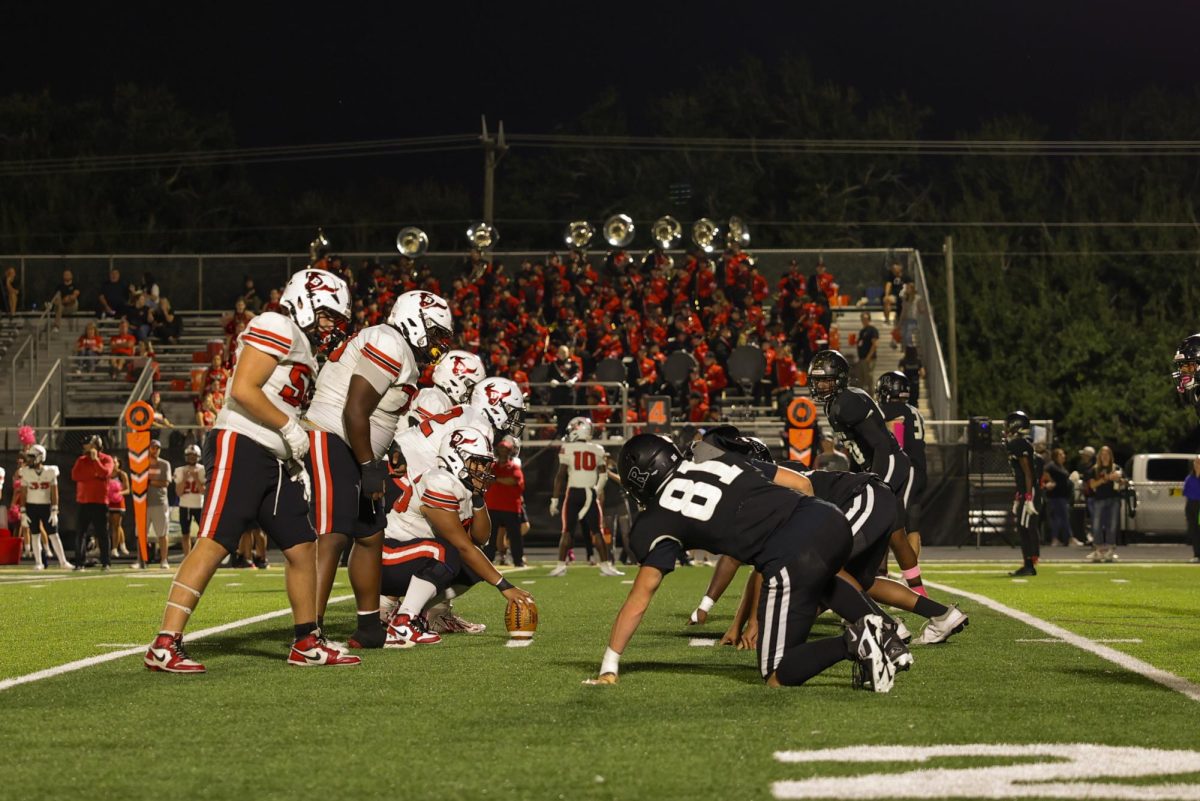
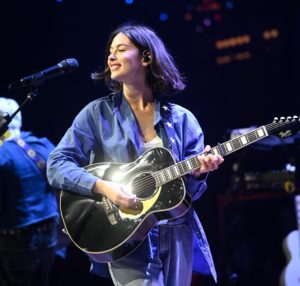

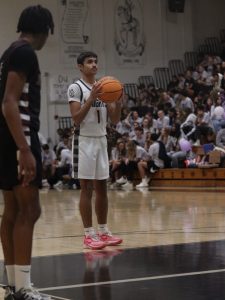

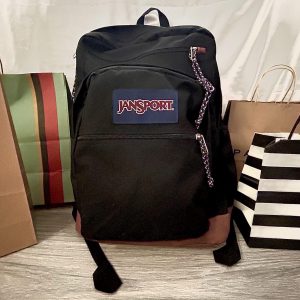
Jill Burns • Sep 5, 2015 at 12:38 pm
Glad to have Ms. Sahebzamani back.